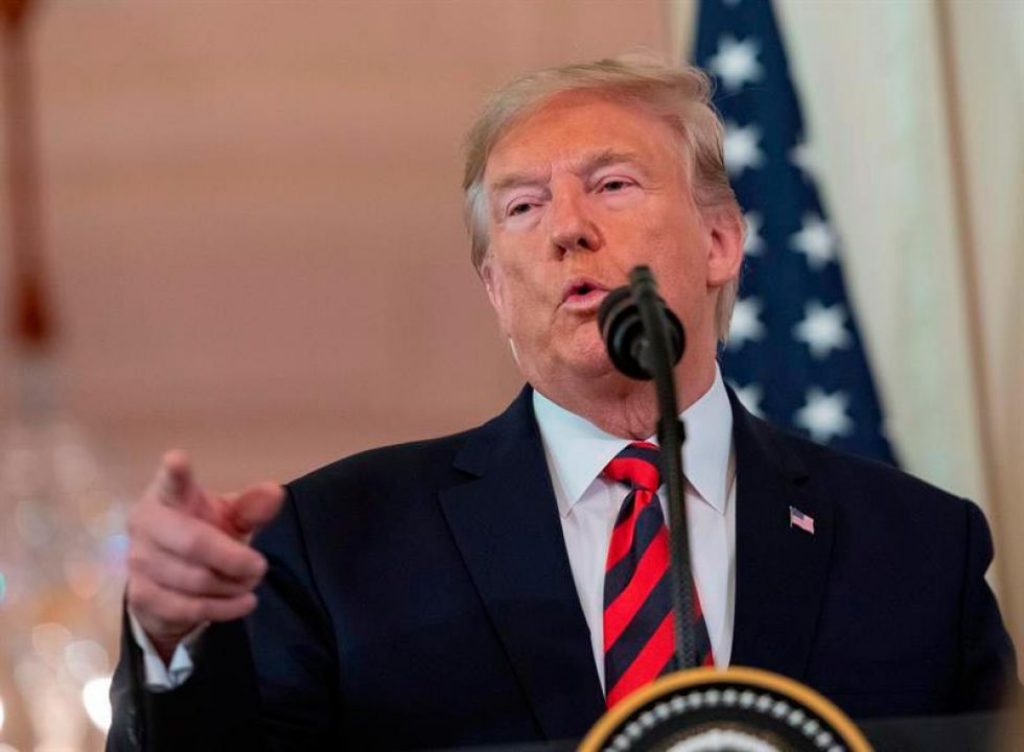The companies of former President Donald Trump inflated the value of their properties or distorted their value at their convenience to financiers, investors, insurers, and other economic and real estate actors, according to a report by New York Attorney General Letitia James.
The 160-page report, which was echoed by The New York Times and The Washington Post, among other media, claims to have found a significant number of alleged discrepancies between the real situation of the former president’s properties and what was declared to financial entities, insurance companies and the Internal Revenue Service (IRS, in charge of tax collection), to obtain advantages and millions of dollars in tax savings.
With this report, James intends to support his request so that both Donald Trump and his children have to testify in the case that they have open in the New York courts, and in which they are the subject of an intense investigation due to the possibility that the Organization Trump, which brings together the former president’s companies, has committed fraud in his activities between 2004 and 2020.
Donald Trump, for his part, tries to prevent the Prosecutor’s Office from questioning him or his children about the accounting of their companies and has accused James of carrying out a “witch hunt” driven by partisan motivations, since the Democratic prosecutor is running for re-election later this year.
According to James’ words, collected by The New York Times, the former Republican president’s misstatements inflating the value of his properties would be part of a pattern to suggest that his net worth was much higher than it would have seemed.
Despite all the incriminating reports and documents presented, the attorney general insists on the need to make both the former president and his children Ivanka and Donald Junior testify, to clarify who is responsible for these errors and omissions, and if they were committed inadvertently. intentionally, in order to determine if this constitutes a crime of fraud.
